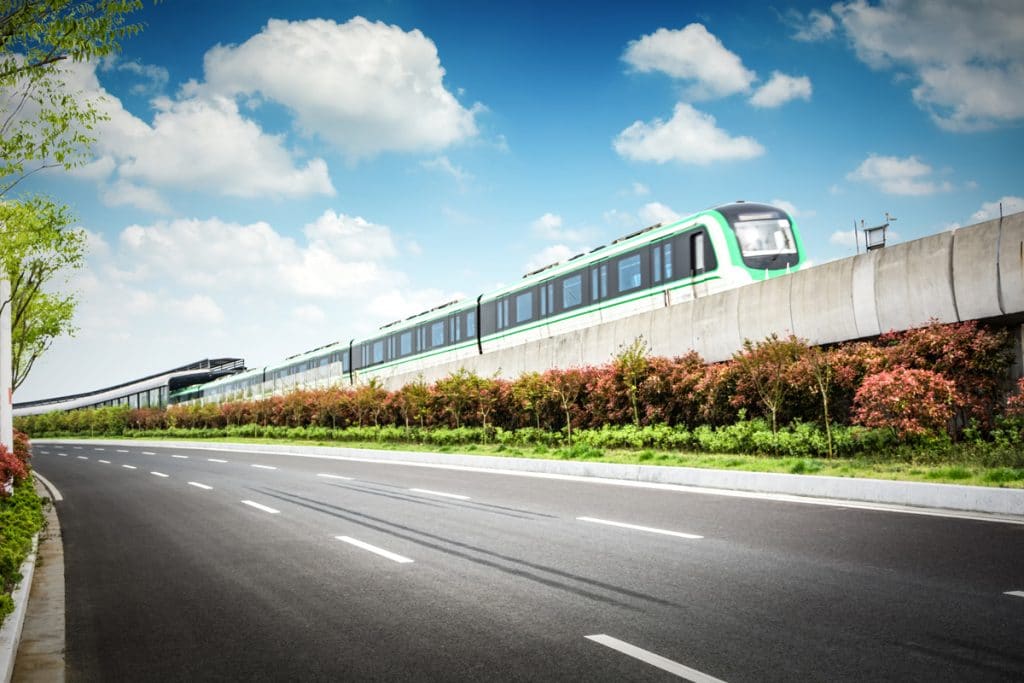Selling your house and moving on is one of the most important events in your life. To ensure you get a good price, the first step is to know your property’s worth and the factors that will affect it positively as well as negatively. All of us want only the best when it comes to owning land or home, and your potential buyers, depending on who you target, will have multiple factors in mind. It can get overwhelming, but don’t worry.
Follow our step-by-step guide to understand the factors that may affect the valuation of your property.
Type of buyer
The first move is to determine who you would like to sell to. Families will have a different set of requirements compared to commercial buyers. On the other hand, it’s worthwhile to consider who your property will be best suited for so that you don’t have to make too many changes.
Arm yourself with as much information as you can apart from having a keen eye for detail.
Location
While the importance of location is a given, there are deeper factors that demand a close consideration. For example, houses situated on the main road might be very attractive but the ones that are located further away might be more preferred because of reduced noise levels and greenery.

Houses in a cul-de-sac can fetch a higher price as they are considered safer for children due to the automatic curbs on traffic. For families with young or school-going children, this can be a blessing whereas commercial buyers can find this slightly problematic. They would want to be easily found and a house tucked away in a corner in a quiet neighbourhood might not be ideal.
The neighbours in a particular location also make a big difference to the valuation. For families with children, having similar neighbours is critical as it helps their children form new friends and playmates. But your property is highly valuable if someone is buying it to be converted to a guesthouse if it’s located near busy cafes and bars, which families will avoid.
Transport
Transportation is, no doubt, crucial and in many cases can make or break deals. For working professionals who are just starting in their career or are saving up for other investments, your property can hold great appeal if it is well-connected to public transport. The more connected it is to multiple modes, the higher the value. Owning a vehicle can be extremely expensive in the long run, and having public transport services at your doorstep can be a highly attractive factor.

It can double in value quite soon too if there is a potential for future services to come up. Is a new Metro line in the works near your home? Is a new bus route covering your location going to be introduced? All of these factors add up in your favour.
Facilities
Is there a school near your house? Is there a hospital or at least a clinic for emergencies? These are some of the factors that will boost the value of your property with their presence. For families with ageing parents, having a hospital nearby would be indispensable.

Being in a self-contained suburb might take away value for people who have a long commute to the city ahead of them, but this might be perfect for seniors who will appreciate the calmer nature of the area. Having a school or even a college nearby would be beneficial for young families as are playgrounds and parks.
If your house is situated near IT parks and other employment hubs, then it will immediately have the added incentive of being viable for commercial leasing too. But it might also pull down the value in some cases due to higher pollution levels, traffic, and noise.
Condition and design
One of the first questions that is bound to come up is the age of the house. Was it built in the last decade or is it an old house that has been handed down through generations? Buyers will look very closely for repairs and patchwork that have been done, which can affect the valuation negatively.

If the house has undergone remodelling, it can be good or bad depending on the current trend. For example, open plan living is in vogue everywhere today, and if your house has “opened-up” recently, then it is going to be in your favour. While heritage houses do command value for their history, it is not easy to find a buyer who will pay the property’s worth and then is willing to spend further to spruce it up.
Economy
Real estate is always sensitive to the overall health of the economy, which is a prime factor that will affect the valuation of your property. It is simple, really.

Better employment prospects, increased propensity for salary hikes, burgeoning manufacturing activity, and other such aspects are bound to push up the demand for housing, automatically translating to an increase in price. Government legislations and subsidies, particularly pertaining to housing, and changes brought in by banks for lending and borrowing can also affect valuation drastically for the good or bad.
Approvals and paperwork
A final major factor that can decide your property’s value is paperwork. Do you have your licenses in place? Have you got all your approvals? Documents like the Title Deed, Sale Deed, clearances, verifications, builder certificates, and property tax receipts are essential cogs in the evaluation process.

Nobody wants a property that has pending paperwork let alone one that hasn’t received the necessary approvals. Indicating transparency in your dealings through paperwork is one way to step up your property’s value.


I am really impressed that you put together good and useful information on property valuation.
Thanks,Keep sharing.
We appreciate your efforts in writing such a detailed post on Guide to Adding Value to Your Home, that would be helpful for every homeowner. Adding a loft to your house will definitely add the value of the home.
We appreciate your efforts in writing such a detailed post on Guide to Adding Value to Your Home, that would be helpful for every homeowner. Adding a loft to your house will definitely add the value of the home.
Thank you for explaining how real estate will always be sensitive to what the health of the economy overall is.